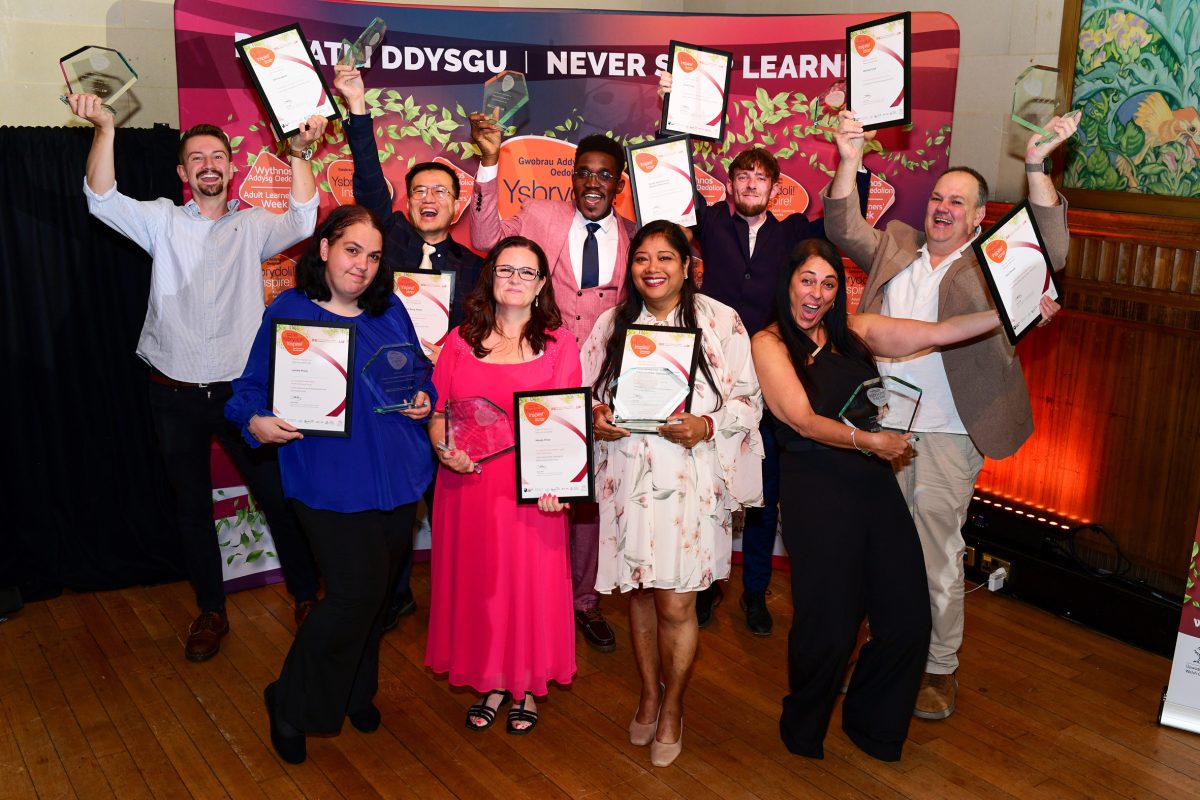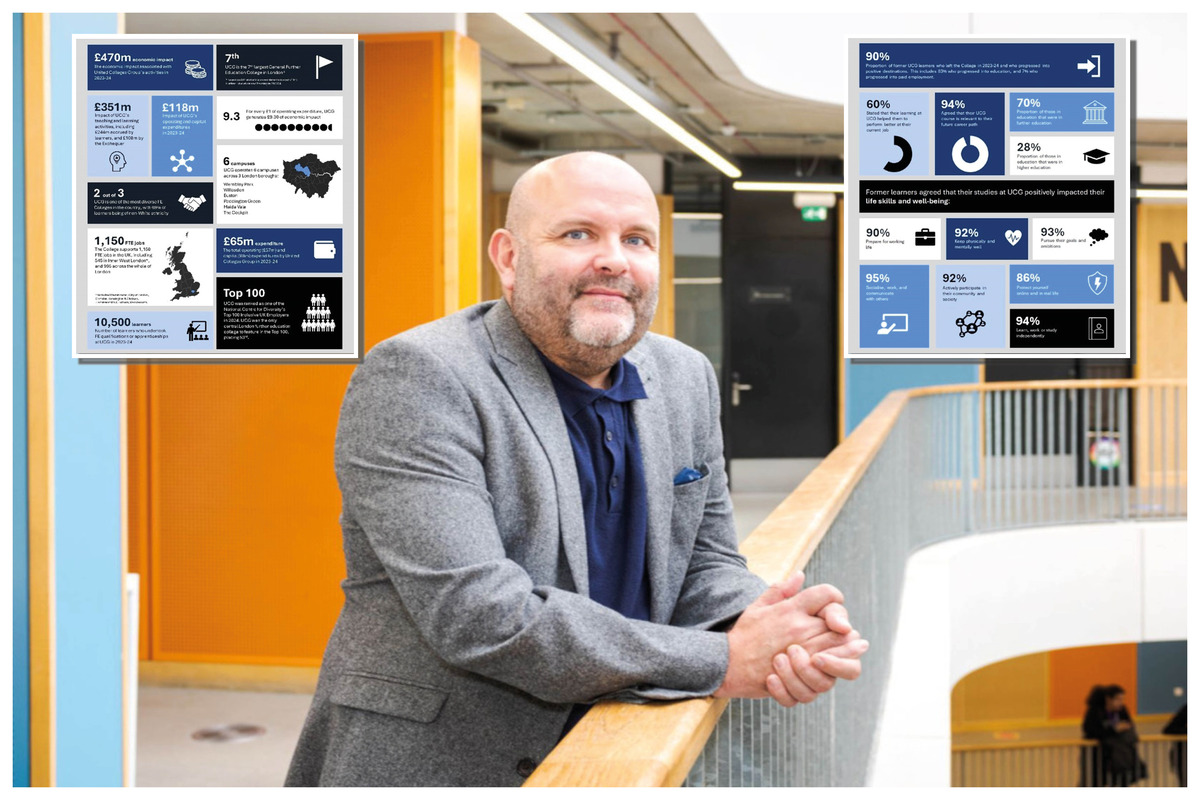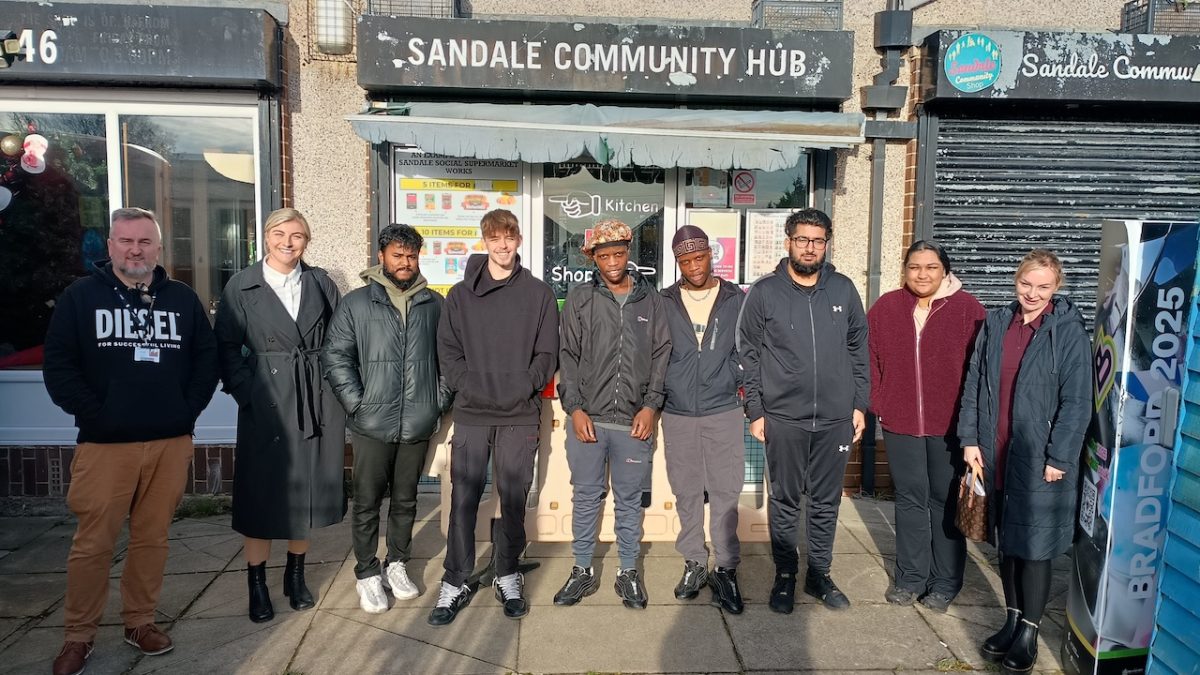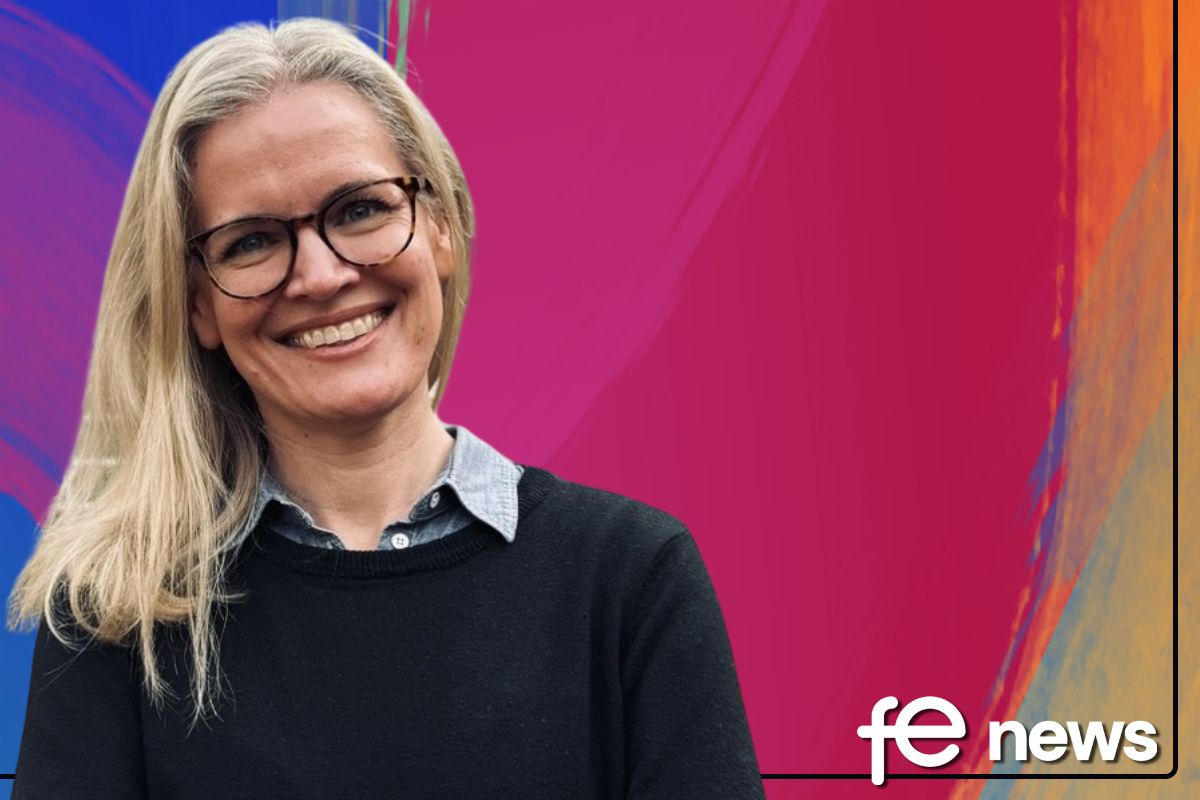#AntiRacismInAction: West Yorkshire | Episode 5

#AntiRacismInAction: West Yorkshire with Robin Landman OBE, Chris Webb and Palvinder Singh
Episode 5 of 9 BFELG Livestreams #AntiRacismInAction – Making the Most of an Ethnically Diverse Britain, aired today, November 1.
The Episode was co-produced by BFELG and FE News and co-anchored by Gavin O’Meara (CEO and Head of Digital, FE News), and Amarjit Basi, BFELG Director and introduced by Robin Landman OBE – one of the founding Directors of the BFELG.
Robin spoke succinctly about how, for him, #AntiRacismInAction means taking personal action – the time for policies and procedures is over and all individuals must now look at themselves in the mirror and ask themselves what they can do to make a difference.
Focusing on West Yorkshire, today’s episode is the second within the Livestream series to explore place-based, system leadership of #AntiRacismInAction. It follows Episode 4 #AntiRacismInAction: Wales.
Episode 5 is of particular interest because barely a year ago, in November 2020, the Independent Commission on the College of the Future, a UK-wide, four nations process, published The English College of the Future: A nations specific final Report. Of particular interest in the summary of recommendations are: Colleges as anchor institutions within the wider local and regional ecosystem; Skills guarantee for a post-COVID economy and future labour market changes; Diverse and representative systems leaders; A new strategic partnership with employers (an example was given – Creating the workforce of the future: a new collaborative approach for the NHS and colleges in England).
Furthermore, Implementation of the FE White Paper: ‘Skills for Jobs’ (published in early 2022), places an emphasis on upskilling people through lifelong learning, addressing barriers to help people to fulfil their potential and undertaking local labour market assessments (LSIPs), to support local growth and prosperity.
And, West Yorkshire Combined Authority’s Economic Recovery Plan, post Covid, has set two goals: inclusive growth and sustainable environment. The key inclusive growth success measures are: “increasing the numbers of people in good quality work, numbers of innovations for social good, diversity of entrepreneurs, wellbeing metrics, digital inclusion.”
- – all residents and communities have the skills required to be able to take up high quality employment – or start in enterprise – is central to an inclusive economic recovery
- – wellbeing – by first and foremost acting to reduce inequalities, is at the centre of our economic recovery plan
- – good work through more inclusive employment environments and interventions, and equal access to job opportunities, and
- – access to digital connectivity for home working, and public transport networks for helping the unemployed access the labour market and providing all communities with access to services.”
So how are The English College of the Future recommendations playing out in West Yorkshire, in the context of the implementation of the FE White Paper ‘Skills for Jobs’ , West Yorkshire Combined Authority’s Economic Recovery Plan and the imperative – Making the Most of an Ethnically Diverse Britain? Is there an ambition to Make the most of an Ethnically Diverse West Yorkshire considering that the region’s population will grow substantially over the coming two decades and is set to become significantly more ethnically diverse by 2061?
Today’s Guests, Chris Webb, Principal/Chief Executive Bradford College, and Palvinder Singh, Principal/Chief Executive, Kirklees College were well placed to share their insights into the practicalities, challenges and opportunities of system and place-based leadership of Anti-racism in West Yorkshire. Both CEOs were early signatories to the BFELG ‘Open letter’.
West Yorkshire is a metropolitan and ceremonial county in England consisting of five metropolitan boroughs (City of Bradford, Calderdale, Kirklees, City of Leeds and City of Wakefield). Under devolution, these local authorities have pooled some of their resources and functions, working together as the West Yorkshire Combined Authority.
According to the UK Office for National Statistics, the 2020 population estimate of the region is 2,345, 235 (81.8% White). The largest *Black heritage group is Asian. The proportion of Asian owned businesses in West Yorkshire is 11% and Bradford comprises one of the UK’s biggest *Black working age populations (38%).
However, *Black groups are under-represented in the workforce – local government, NHS and FE, especially in management and leadership roles.
Co-anchors and Guests – Chris Webb and Palvinder Singh, discussed the opportunities and challenges for West Yorkshire’s FE colleges, as they considered college local leadership roles as anchor institutions post-Covid in terms of their future student base, curricula and interface with their communities, including local employers. All these have been identified as crucial to future relevance, growth and sustainability of colleges.
Bradford College is one of the biggest education and training providers in the region, with around 20,000 students studying A Levels, vocational qualifications, community courses, apprenticeships, degrees and masters level qualifications. Bradford College, Shipley College (also in West Yorkshire) and the BFELG have been working on a Local Skills Partnership Research Pilot.
Kirklees College serves the local communities and business throughout the Kirklees region and works with over 1000 employers around West Yorkshire. The College is entrenched in the heart of West Yorkshire with two main centres in Dewsbury and Huddersfield and specific learning centres in Engineering and Process Manufacturing, Construction and Animal Care as well as the recently opened Pioneer Higher Skills Centre. Kirklees has affiliated with the BFELG because this provides them access to a framework of support and services for deep cultural change – #AntiRacismInAction, using the BFELG 10 Point Plan Diagnostic Toolkit as a departure point.
Guests talked about the unique opportunities and challenges faced by the West Yorkshire in respect of ethnic diversity, and the success factors in seeking to address these; their respective organisational responses to ethnic diversity, and the steps being taken to move forward on this agenda. They also touched on their roles as ‘custodians’ of the future legacy for their communities.
Guests recognised the imperative of placing ethnic diversity at the heart of their considerations, particularly within LSIPs, in the context of devolution of the adult skills budget to the Combined Authority. The role of employers in recognising and enacting their responsibilities in investing in skills and training, including in developing diverse talent, was also identified as being critical. Palvinder Singh shared his ambition for Anti-racism to be part of Kirklees College’s DNA and the interconnectedness of lived experiences. Chris Webb shared particular actions being taken by Bradford College on their Anti-racist journey.
Watch the Livestream to hear Chris Webb’s and Palvinder Singh’s respective drivers for #AntiRacismInAction, their tips for other leaders and key players to accelerate progress towards reflecting their communities. They also shared their individual dream scenarios for Anti-racism.
Tune in on Monday 8 November at 9.30am for another place-based Episode – #AntiRacismInAction: West Midlands.
* ’Black’ is used as an inclusive definition to refer to people from ethnically diverse backgrounds who share a lived experience of the effects of racism.











Responses